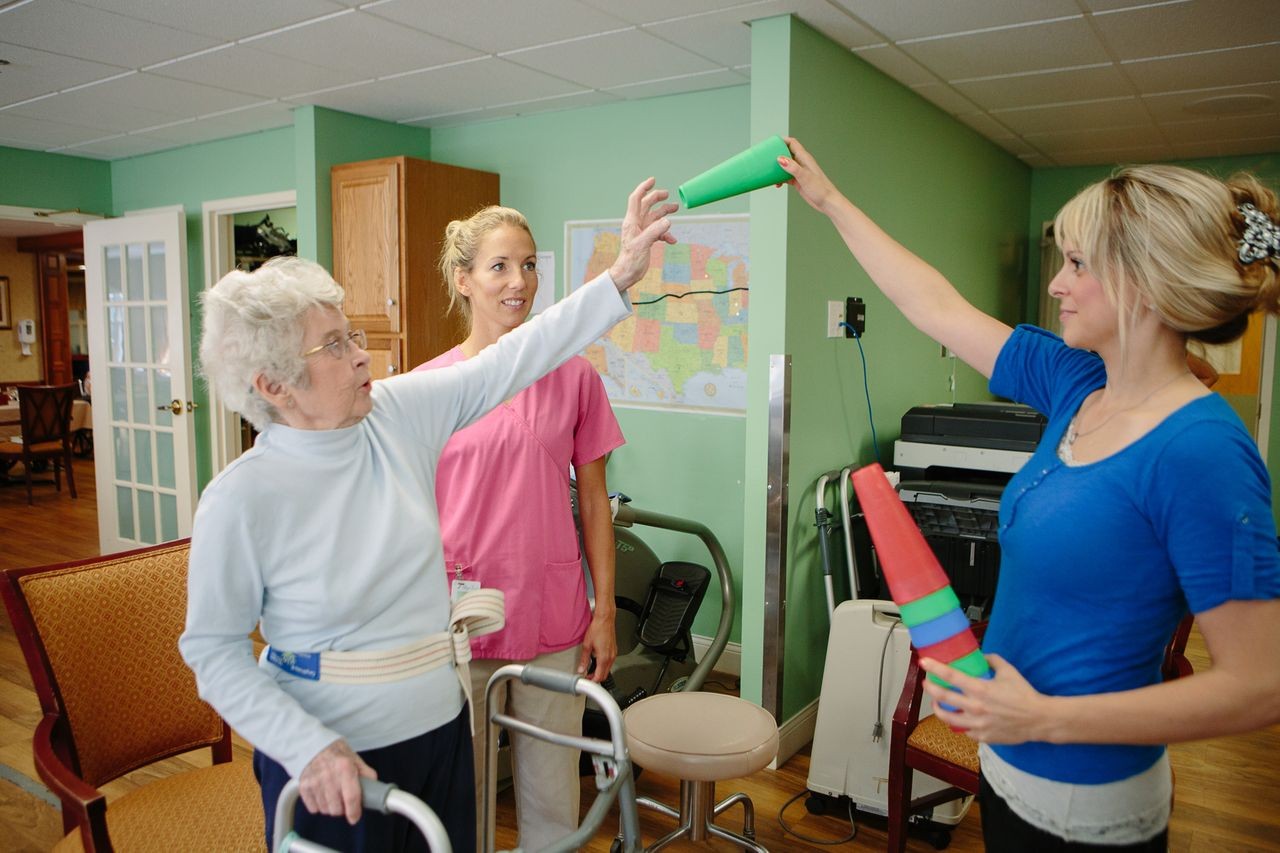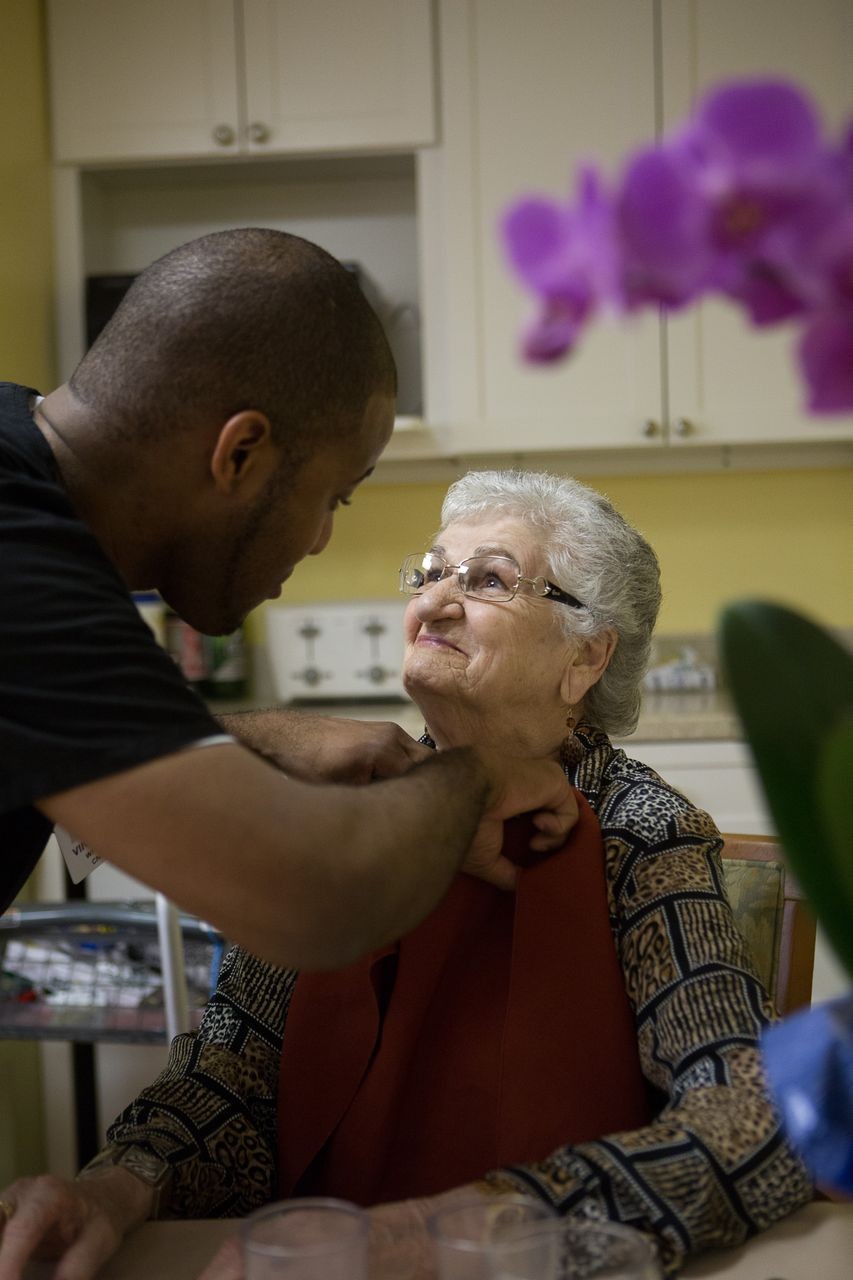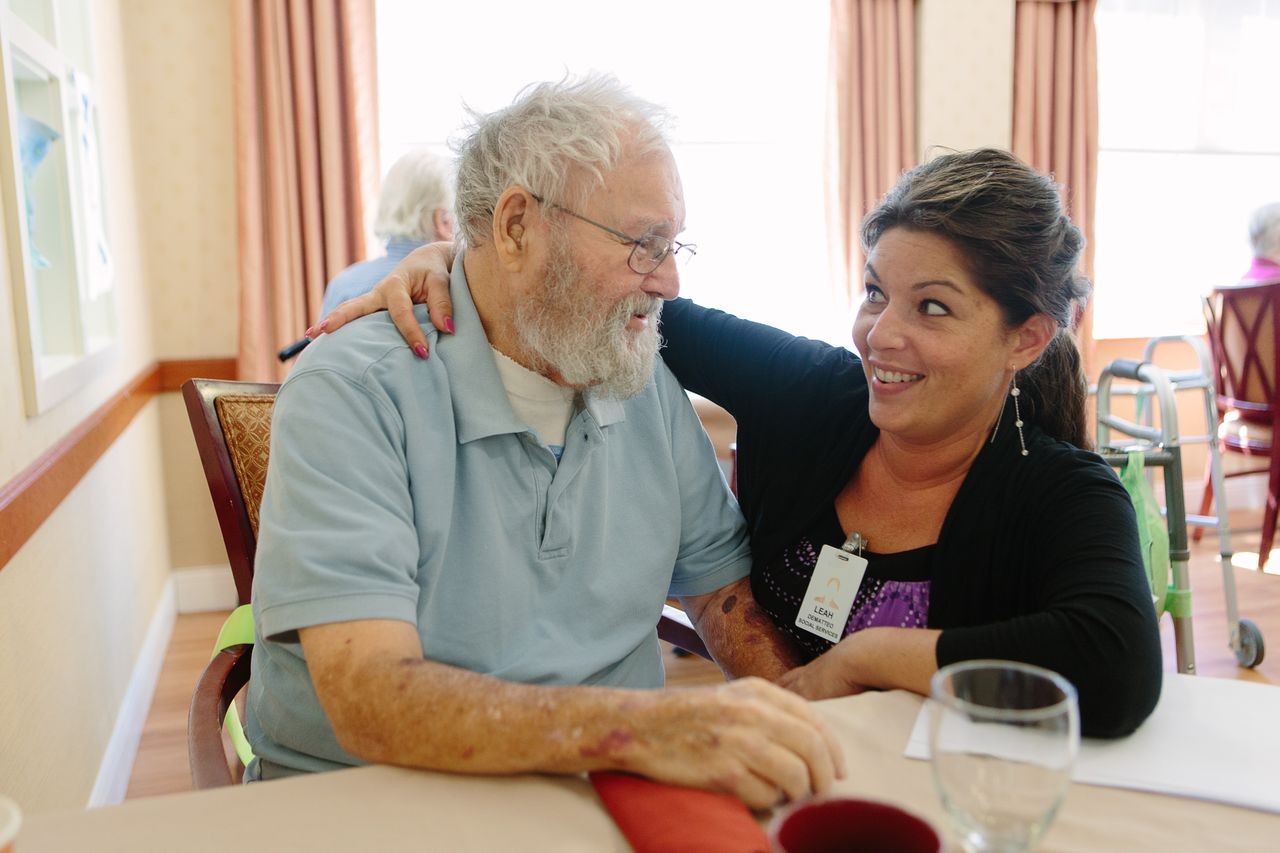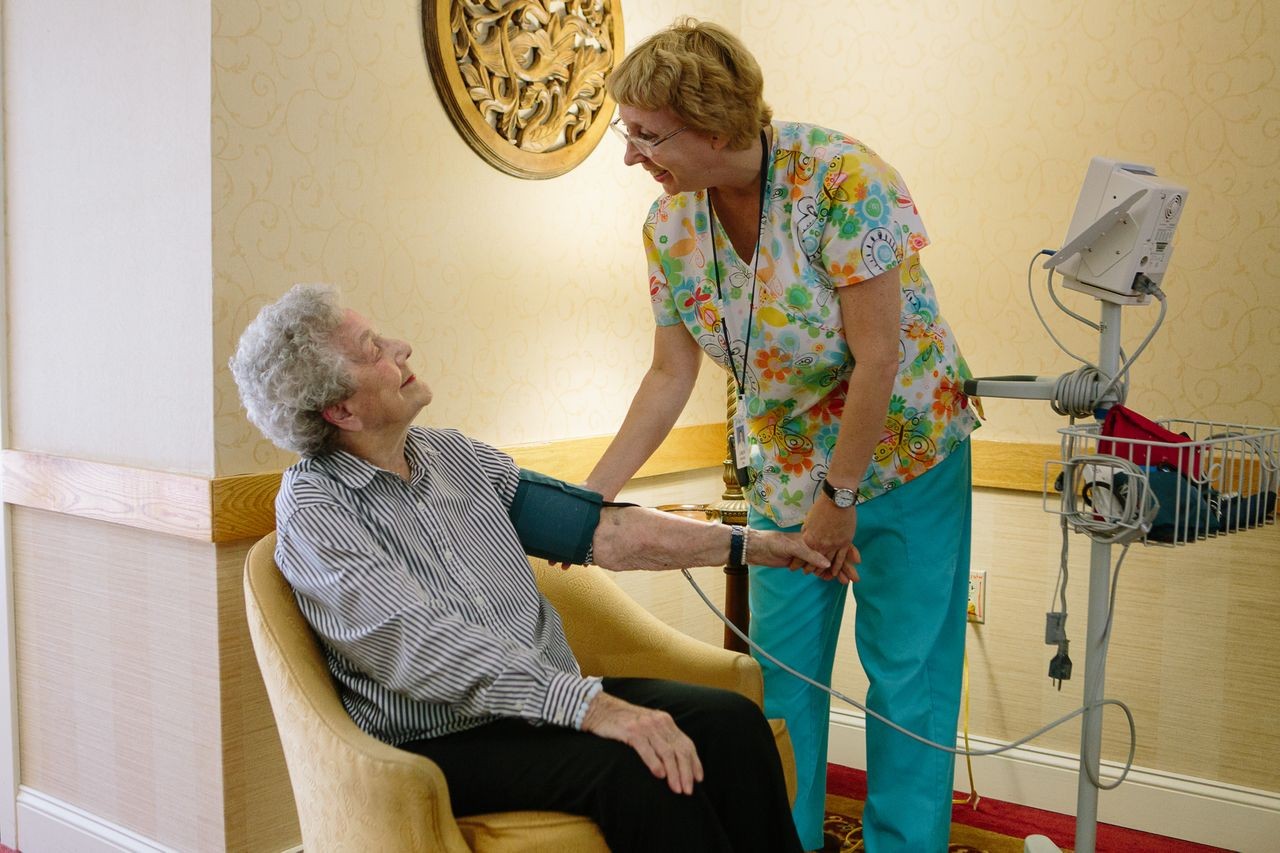Cost and fees at issue as state rolls out Rhody Health Options
Neighborhood Health Plan to add 20,000 new members, increase its revenues to $727 million
By 2040, the demographics of Rhode Island’s population will shift dramatically, with 25 percent of the state’s population – about 264,000, up from today’s 152,000 – being 65 years or older, according to the R.I. Division of Planning. “Businesses, organizations and agencies who serve seniors in Rhode Island should expect increasing demand over the next 30 years,” the agency said.
A similar problem has emerged for community health centers in Rhode Island. For instance, Blackstone Valley Community Health Care has been able to bend its medical cost curve by about $9 million over the last two years, in large part due to a large investment in health IT and sophisticated use of health IT data integrated at the point of care. Most of these savings are returned to the state as the result of a risk-sharing contract with Neighborhood.
Why not invest a share of savings in community health centers and nursing home facilities to incent these facilities for their efforts to provide person-centered and patient-centered care, improving patient satisfaction and outcomes while reducing medical costs?
It is consistently rated one of the top-10 Medicaid programs in nation for quality.
It currently has about 235 employees and earned about $427 million in revenue in 2012, making it one of the largest private companies in Rhode Island. It will add another 100 employees as a result of its Rhody Health Options contract.
Neighborhood’s revenues could reach more than $727 million in 2014, with $300 million in additional revenues projected from the first phase of Rhody Health Options.
About 42 percent of Neighborhood’s members receive their primary care at one of the community health care centers in Rhode Island.
PROVIDENCE – Neighborhood Health Plan of Rhode Island will soon have its hands full with major new responsibilities – and significant new revenue streams.
The nonprofit health maintenance organization founded in 1993 is entering the commercial health insurance market for the first time, offering insurance plans on the new marketplace known as HealthSourceRI beginning Oct. 1.
Between 6,000 and 7,000 new members are projected to buy its health plans by Dec. 31, 2014, according to Neighborhood.
More significantly, Neighborhood is now responsible for a new expanded Medicaid managed care program, targeted primarily at seniors, including about 5,481 nursing home residents who receive both Medicare and Medicaid.
Known as Rhody Health Options, the new program was designed in partnership with the R.I. Executive Office of Health and Human Services as part of the agency’s Integrated Care Initiative.
The program was officially launched the week of Sept. 9, with 5,400 enrollment letters mailed out to eligible individuals, including many to seniors in nursing facilities, asking them to transition into the new program.
The letter states: “You are not required to enroll (enrollment is voluntary) but we think you may like some of the new services. We have selected a program for you.” However, the letter continues, in bold type: “You will be automatically enrolled in [Rhody Health Options] for your Medicaid services on Nov. 1, 2013 if we don’t hear from you by Oct. 7, 2013.”
The eventual goal of the program is to better coordinate health care of “dual eligible” patients – those that receive both Medicare and Medicaid – and by doing so, reduce the cost of Medicaid expenses to the state. For now, only Medicaid services are affected.
In addition to nursing home residents, others targeted under the new Medicaid managed care program are adults who live at home or in a community setting, such as a group home or assisted living, and who are receiving long-term care services, or those at risk for needing those services due to chronic illness or disability.
Of the total of about 28,000 in the targeted population, more than two-thirds – between 19,000 and 20,000 – will be enrolled in Rhody Health Options by December 2014, according to Neighborhood spokesman Tom Boucher.
Two other Medicaid fee-for-service programs are also being “designated” for enrollment: Connect Care Choice Community Partners, run by CareLink, Inc., and PACE.
The origins of the program can be found in an issue brief prepared by Neighborhood for a Policymakers Breakfast on Nov. 16, 2011. The dual eligible population in Rhode Island represents about 25 percent of the Medicaid population but accounts for about 45 percent of all Medicaid spending in Rhode Island, according to the brief.
Red Flags Raised
Whatever the good intentions of the new program, red flags have been raised by Virginia Burke, president and CEO of the Rhode Island Health Care Association, a nonprofit trade association of skilled nursing and rehabilitation providers. Burke has questioned the large size of the administrative fees that Neighborhood is scheduled to receive during the first phase of the program.
For dual eligible members receiving long-term services and support in a nursing facility, they amount to about $27 million a year, of which about $6.1 million will be clawed back by the state in a premium tax, according to Burke.
The fees are for administering Medicaid benefits to a group of 5,481 seniors in nursing home care from Sept. 1, 2013, through June 30, 2014, according to state procurement documents.
“Neighborhood is a standout when it comes to quality,” Burke said. “I don’t want to be taken as maligning them at all. But they have no experience with the long-term nursing home population. I don’t think they have anything to bring to that population, certainly nothing that would warrant $27 million [in administrative fees] in the first year.”
The problem, Burke explained, is that under Phase I of Rhody Health Options, Neighborhood will not be able to integrate, manage or coordinate very much when it comes to patients who are in nursing facilities, once the “level of care” determination is made that long-term care in a nursing facility is needed.
“Medicare will continue to cover their doctors, their hospitals, their prescriptions, their physical therapy, their speech therapy, all that is coming from a different health care program,” she said. For the nursing home population, Burke continued, “What Neighborhood will be primarily doing is processing and paying bills, and I don’t think that’s worth millions of Medicaid dollars.”
The new program also promises to create a paperwork burden, according to Burke. “The state is creating a parallel administrative system; all the administrative hassle that goes along with provider/payer relationships is going to be doubled,” she explained, because seniors in nursing facilities have the opportunity to opt-out of Rhody Health Options and remain with the current state system.
The actual process of opting out may itself prove confusing to seniors, Burke continued. State Medicaid officials have told her that there is no “lock-in” for the managed care options, with nursing home residents allowed to switch between the options, on a monthly basis, opting out, and after opting out, deciding to opt back in, at any time.
The resultant churn will be problematic, Burke said. “We’ll have both the state and Neighborhood doing the same when it comes to nursing facilities and nursing care. The nursing facilities will have the added paper work, the coverage requirements, the billing requirements,” she said.
The new program also seems to throw out the most recent existing regulation, “Nursing Home Payment Methodology,” promulgated in May of this year. In response to a question from Burke, state officials said: “Specific to nursing home payment methodology, the Rhody Health Options plan is not bound by EOHHS rules and regulations.”
Worry Over Future Cuts
More than the administrative headaches and extra paperwork, what worries Burke is where the $27 million in administrative fees will come from in a state that is revenue-scarce. “We already absorbed a $7 million cut in Medicaid payments from the state this year,” she explained. “Where are they going to get the money?”
Her fears are that the state will further reduce the Medicaid budget for nursing home facilities, which in turn will have a direct impact on the quality of care. An overarching goal of Rhody Health Options is save money by reducing the number of nursing facility bed days by 6 percent, which is an unrealistic goal, Burke believes, looking at the numbers. “The state has tried and tried over the last five year as part of its initial Medicaid waiver [to do this], without success,” she said. “The notion that reduction in bed days will pay for the multi-million dollar administrative fees doesn’t add up,” Burke said.
In the first three years following the Medicaid global waiver, the number of Medicaid-covered nursing facility bed days in Rhode Island declined only about 1 percent, from 2.104 million to 2.081 million. Rhode Island currently has the highest percentage of seniors who are 85 and older in the nation, at 17.61 percent, according U.S. Census figures in 2010. These “old old” seniors are the people most likely to need nursing facility care. The R.I. Department of Administration’s Division of Planning projects that by 2040, 25 percent of the state’s population will be 65 or older, with a significant portion over 85.
Burke said she has met with both EOHHS Secretary Steven Costantino and Neighborhood President and CEO Jim Hooley to voice her concerns, to little avail.
“We probably should have picked up on this last February when state officials put out the procurement document,” Burke admitted. “Unfortunately, it was over 700 pages, and it took a while to understand exactly what the details of the plan were.”
The goal of a fully integrated program [between Medicare, Medicaid and the state], capturing efficiencies in care delivery, making it easier for seniors to navigate and receive a continuum of care, is a very promising plan, Burke said. “We support the plan to create a ‘duals’ integration program. But just carving out the Medicaid piece and handing that over to a contractor is hugely expensive. What will our patients get in return? Medicare doesn’t come into the picture until 2015, at the earliest.”
Changing The Culture
Rhode Island was recently ranked second in the nation in a state-by-state report card of nursing home quality care, using eight federal measures as benchmarks. Rhode Island scored top grades in five of the eight measures, and was one of only two states to score above average grades for all the benchmarks, according to Brian Lee, executive director of Families for Better Care, which published the ranking. “The state exemplifies what can be achieved when operators, regulators and consumers strive for quality nursing home care for residents,” Lee said.
Burke attributed the high ranking to the culture of quality and the emphasis on person-centered care in Rhode Island. “We in Rhode Island are at the forefront of the culture-change movement,” she said, explaining that the phrase, in the context of nursing facility care, means being person-centered rather than facility-centered. “Person-centered care gives residents more autonomy focused on quality of life,” she said, adding that a state culture change coalition meets regularly, sharing ideas in a collaborative fashion, with broad participation.
James Nyberg, director of LeadingAge RI, an association of more than 50 nonprofit nursing homes, assisted living facilities and senior day care centers, said that recent research reinforces the fact that higher levels of staffing are associated with better outcomes and better quality. “It’s important to remember how nursing homes are paid to ensure adequate funding of staff and quality of care as things change here in Rhode Island and nationally with health care and in long-term care,” Nyberg said recently, in an interview with Providence Business News.
Neighborhood anticipates hiring about 100 new staff during Phase I of managing Medicaid benefits under Rhody Health Options, according to Boucher. “More than half will be nurses, social workers and community outreach specialists,” he said. “We will also contract with existing agencies already providing long-term supports and services to augment our work.”
There are also incentives built into the state contract with Neighborhood for Rhody Health Options, according to Boucher. “The state has a long-standing performance goal program for its Medicaid managed care plans that is national model and will be in effect,” Boucher said. “It focuses on both quality metrics (clinical care and customer satisfaction) and plan performance metrics (administrative items like answering calls and getting member cards out in a certain time frame).”









